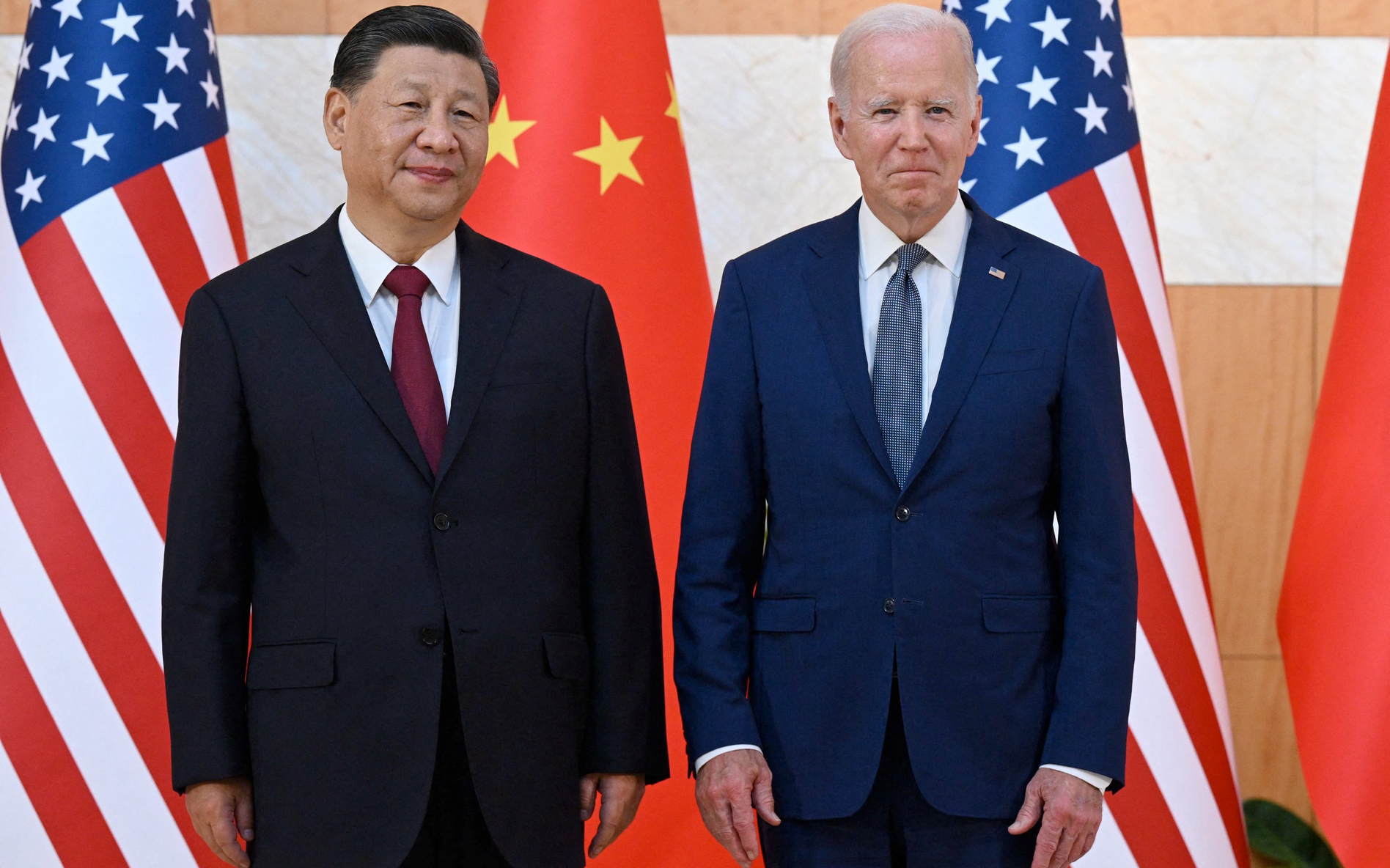
This week’s meeting between the leaders of the U.S. and China may be the start of easing geopolitical tensions, and this would be good news for European economies.
The meeting between Joe Biden and Xi Jinping on Wednesday could be the turning point in China-U.S. relations, which have been deteriorating for years. Both leaders, who have not spoken face to face in 12 months (Xi has not visited the U.S. in six years), will meet in San Francisco on the sidelines of the summit organized by the Asia-Pacific Economic Cooperation, an organization that aims to deepen economic cooperation between the Pacific Rim countries.
Mutual relations between the two world’s largest economic powers were first undermined by the trade war initiated by Donald Trump’s administration. However, COVID-19 and Russia’s invasion of Ukraine brought the world to the brink of disintegrating into two economic blocks.
Deepening deglobalization is a problem, especially for Germany — Europe’s largest economy and Poland’s main trade partner. The threat related to the invasion of Ukraine has effectively prompted Western European governments to cooperate more closely with Washington, which translates, among other things, into loosening economic ties with China.
U.S. National Security Advisor Jake Sullivan spoke the president’s objectives in meeting with his Chinese counterpart. Europeans reluctantly joined U.S. sanctions that aimed to restrict China’s access to advanced microprocessors. The EU and the U.S. have also cooperated to reduce dependence on strategic raw materials — China controls the supply of rare earth metals, which are key to the green energy revolution.
Since the 2016 summit, China’s direct investments in Europe have shrunk several times, yet China remains the EU’s main trading partner. Since breaking records in 2021, the level of German exports to the Middle Kingdom have been under pressure because of its weak economic outlook. However, China remains a key trade partner for Germany, making it vulnerable to retaliation for possibly joining the steps undertaken against it by the U.S.
Meanwhile, the very fact that the meeting between Biden and Xi will take place should be hailed as a success — it was long unthinkable after Americans shot down an alleged Chinese spy balloon over its territory last February. Military discussions between the two powers have been frozen since September 2022 when House Speaker Nancy Pelosi visited Taiwan, provoking protests from China.
Although the U.S. is considering sanctions on semiconductors, relations have improved over the past few months after unannounced meetings between representative from both countries. Both strategic rivals consider the game worth playing.
Beijing wants to reassure investors who are withdrawing their investments, frightened by the government’s interference in the economy. It wants the U.S. to lift the sanctions, which led global corporations to shift their operations to other countries to secure their supply chains.
The biggest problem for China may be the restrictions related to the transfer of technology, with which they have started to come to terms — and which could be seen from the expansion of their domestic facilities. The Chinese know it will be difficult to force the Americans to make far-reaching concessions, yet in the event Biden loses the election next year, relations with a potential Republican administration will be even more difficult.
Meanwhile, Washington wants to hold talks not only to resume military negotiation. It seeks cooperation in fighting opioid addiction, which is a concern in the U.S., and it seeks to make China’s economic data more transparent because of the uncertainty it is causing.

Leave a Reply
You must be logged in to post a comment.